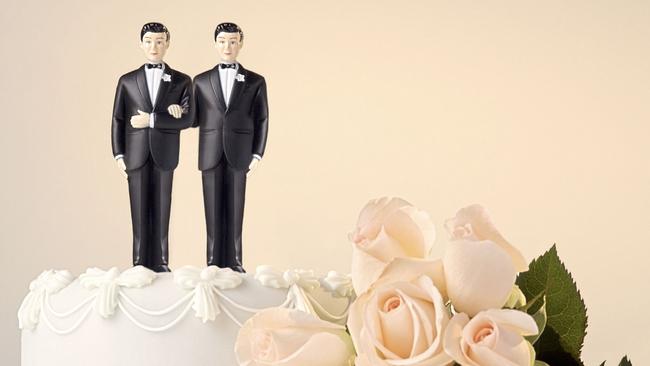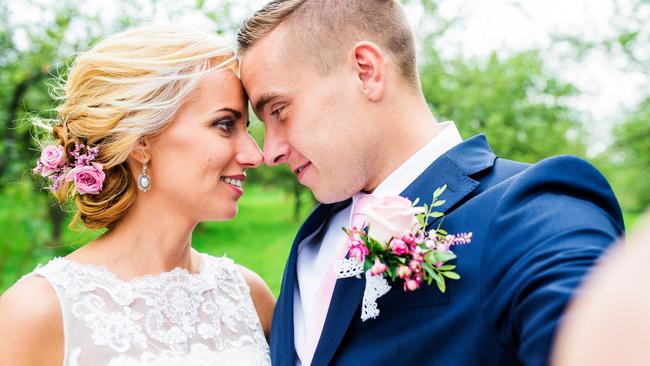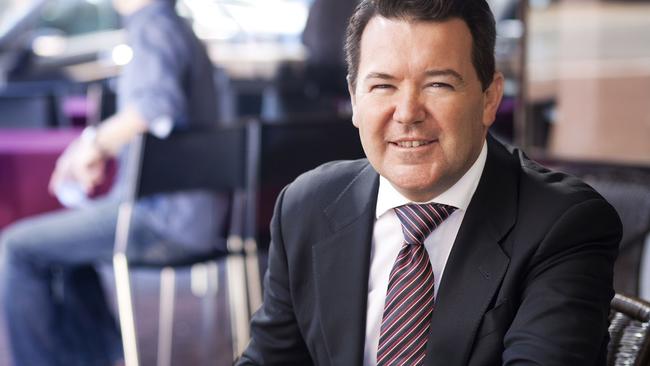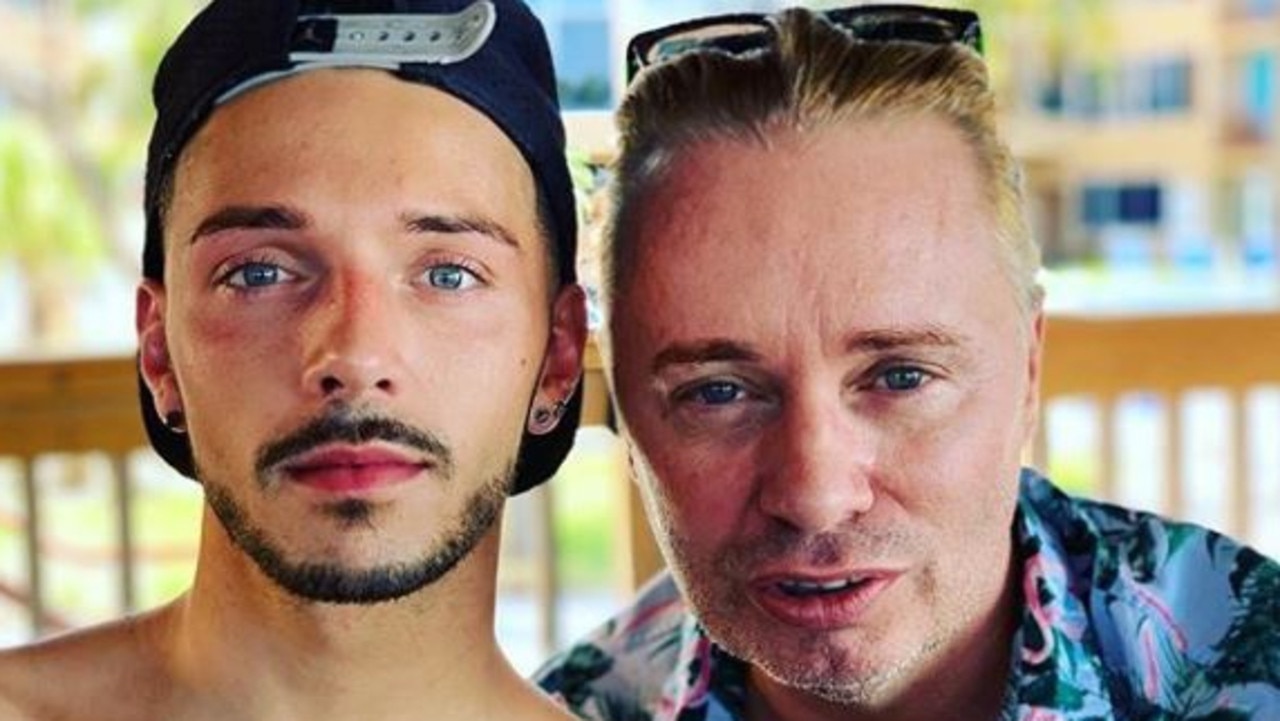Spouse: the new word you’re going to hear at lot more of at weddings
WITH the passing of same-sex marriage, things are going to change — even at straight weddings, including how the happy couple chooses to refer to each another.

WE’RE on the final lap of Australia’s protracted journey towards same-sex marriage. As most of us know, once gay Australians are allowed to wed, the definition of who can marry will no longer be “a man and a woman” but instead “two people”.
But there’s another change coming to marriage which means a new word could be popping up a lot more often in the wedding vows, even the straight variety.
The Marriage Amendment (Definition and Religious Freedoms) bill, which, if passed, will formally change the Marriage Act to legalise same-sex marriage, is currently progressing through the House of Representatives with a vote expected today.
Under the current Marriage Act civil celebrants — who officiate at 75 per cent of all Australian weddings — must ensure the marrying couple utter the sentence: “I call upon the persons here present to witness that I, (insert name here), take thee, (insert their name here), to be my lawful wedded wife (or husband)”.

In the current guidelines for marriage celebrants, from the Attorney-General’s department, the term “spouse” can be substituted for “husband” and “wife” in the vows. However, a change in the Act’s wording will make this alternative choice explicit meaning “spouse” could become a far more popular choice.
In the draft legislation it states: “For the purposes of any Act, a person is the spouse of another person (whether of the same sex or a different sex) if the person is legally married to the other person.”
Where “husband” and “wife” currently appear, it is suggested the legal terminology could change to “husband”, “wife” or “spouse”.
It’s not just gay couples. Heterosexuals would be able to join in too — if they don’t want to be referred to as “husband and wife” they’ll no longer have to be. A couple will be able to say: “I take thee to be my lawful wedded spouse.”
The explanatory memorandum to the bill states: “This amendment will enable marrying couples to word their marriage vows in a manner that best reflects their relationship.”
Sydney celebrant Stephen Lee said he already has 10 gay couples in the books waiting to be wed once the law change goes through.
“Now I’ll be asking couples how they want to be referred to. Do I say, ‘I now declare you husband and husband; wife and wife; legally married or spouses?’”
But he doesn’t think spouse will be a popular term. “It’s a bit of a weird word. I think people will stick with the traditional because if they’re not traditional they may not want to get married anyway.”

Mr Lee said he’d only officiated at one wedding where “spouse” was used, between a transgender person and their female partner.
“The transgender partner presented as female so as far as people could see it was two brides marrying but it was a man and a woman (for the purposes of the law).”
Indeed, a main reason the term “spouse” is being pushed to be officially within the Act is specifically because it is gender neutral.
“These amendments ensure that people who are legally recognised other than male or female can use the gender neutral term ‘spouse’ to be accurately described in their wedding vows,” the memorandum states.
“The Australian Government recognises that individuals may identify, and be recognised within the community, as a gender other than the sex they were assigned at birth or during infancy, or as a gender which is not exclusively male or female,” the notes read.
The passing of the bill will also have another change when it comes to gender, which could actually affect some couples who have divorced.
Currently, happily married couples where one partner subsequently transitions gender become caught in a legal loophole that swiftly turns into a minefield.
It’s all down to birth certificates which are administered by the states, while marriage is governed by federal law.

Under current legislation in the states and territories, with the exception of South Australia and the ACT, if a married man and woman become, for example, a woman and woman, the state can refuse to alter the birth certificate for the partner who has changed gender. The reason being because to do so would, effectively, lead to a legally recognised same-sex marriage.
“Some individuals who entered into marriage in their previous sex or gender are faced with a choice between divorcing their spouse in order to obtain records reflecting their gender identity, or not having these records,” the bill’s explanatory memorandum notes.
In June, the United Nations Human Rights Committee said Australia’s transgender “forced divorce” laws were in violation of international human rights law.
The marriage bill will make amendments to the Sex Discrimination Act to prevent the states and territories from refusing to change the gender on a person’s birth certificate that was previously in a heterosexual marriage.
But the state parliaments will get 12 months to make the changes themselves before they are trumped by federal law.




